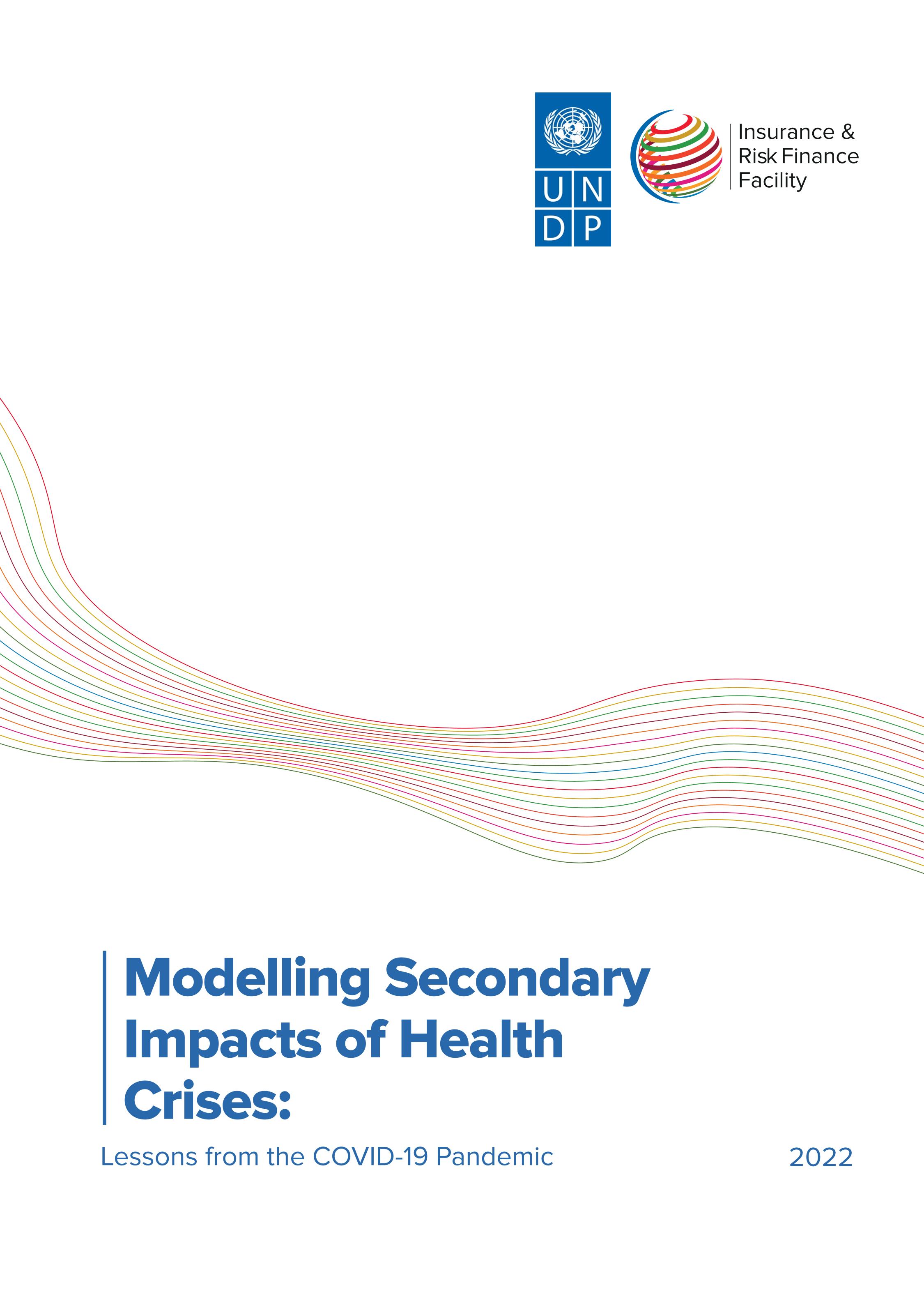
Modelling Secondary Impacts of Health Crises
This research brief discusses the modelling of major secondary impacts, such as disruption of public services, business and education, unemployment, food insecurity, poverty, gender inequality and mental health. Modelling secondary impacts can inform evidence-based social, economic and fiscal policies before (ex-ante), during and after (ex-post) an epidemic event. In the absence of such policies, the transitory effects of epidemics can become permanent.
Choosing appropriate modelling approaches (whether quantitative econometric or epidemiological qualitative or mixed methods) is critical to capturing the secondary impacts of health crises and inappropriate methodologies can lead to biased estimates. Although there is no one-size-fits-all methodological solution, key considerations in determining the usability of the modelling approach include disease factors, flexibility, robustness, relevance, granularity, and technical requirements.